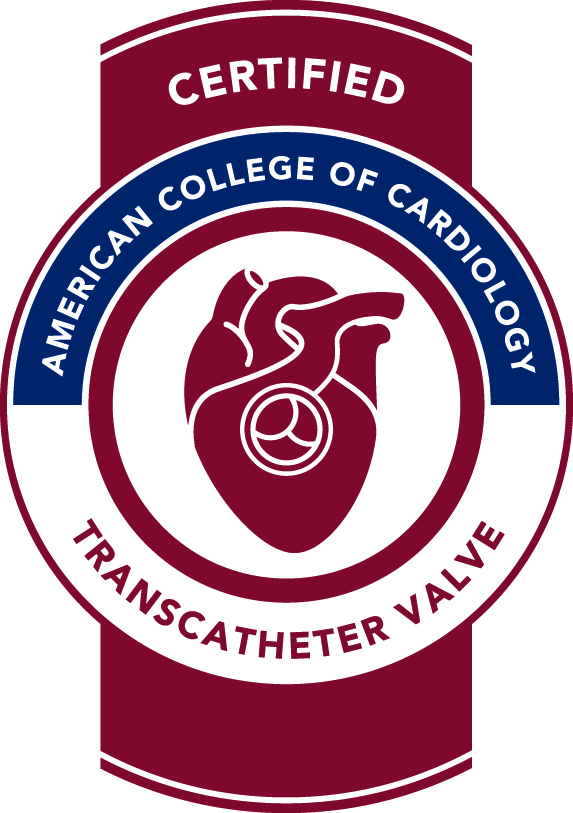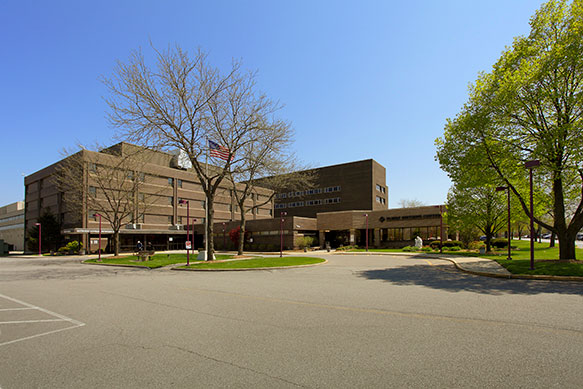
Gary Kimble had experienced heart attacks before and has had stents put in place to open blockages in his heart. When the Gary resident began experiencing shortness of breath and a complete lack of energy, he knew it was time to visit St. Mary Medical Center Cardiologist Anas Safadi, MD, for a checkup.
“Heart attacks are not all the same,” Kimble says. “Each one of mine was totally different. With one, I’d had a lot of pressure and pain. The last one, I was out of breath and just didn’t want to do anything. It’s important to keep up with your appointments and get checked out.”
Initial testing showed that Kimble’s heart was weak. An angiogram revealed that he suffered from Chronic Total Occlusion (CTO), a condition in which a major artery to the heart has been closed for many years. In Kimble’s case, he had two of three arteries severely blocked.
“He was not a candidate for open-heart surgery,” Safadi says. “Five, six or seven years ago, we could not offer surgical intervention to patients, like Gary, because the arteries were blocked almost like a brick wall. The technology we had at that time was not suitable for treating this condition.”
Kimble’s father had suffered from the same condition and there was no treatment available at that time. By the time Kimble came into St. Mary Medical Center with CTO however, the hospital had the advanced technology necessary for interventional cardiologists to perform a high-risk Percutaneous Coronary Intervention (PCI). The PCI procedure allows surgeons to penetrate calcified occlusions like Kimble’s and use advanced balloons and other tools to open the arteries and restore blood flow.
For this complex procedure, Safadi teamed with colleague Cardiologist Kais Yehyawi, MD, to open Kimble’s occluded arteries and restore blood flow to his weakened heart. Yehyawi said that Kimble was enthusiastic about moving forward with the PCI.
“It’s always a good thing to see a patient who is ready and willing after having all of the options explained to them,” Yehyawi says.
Kimble says his quality of life has improved significantly following the PCI. His energy level has rebounded, his breathing has improved and his chest pains are gone.
“I want to thank Dr. Yehyawi and Dr. Safadi for saving my life,” he says. “It was definitely an experience I won’t forget.”
For more information on the Advanced Heart & Vascular Institute at the hospitals of Community Healthcare System, visit COMHS.org/heart.


